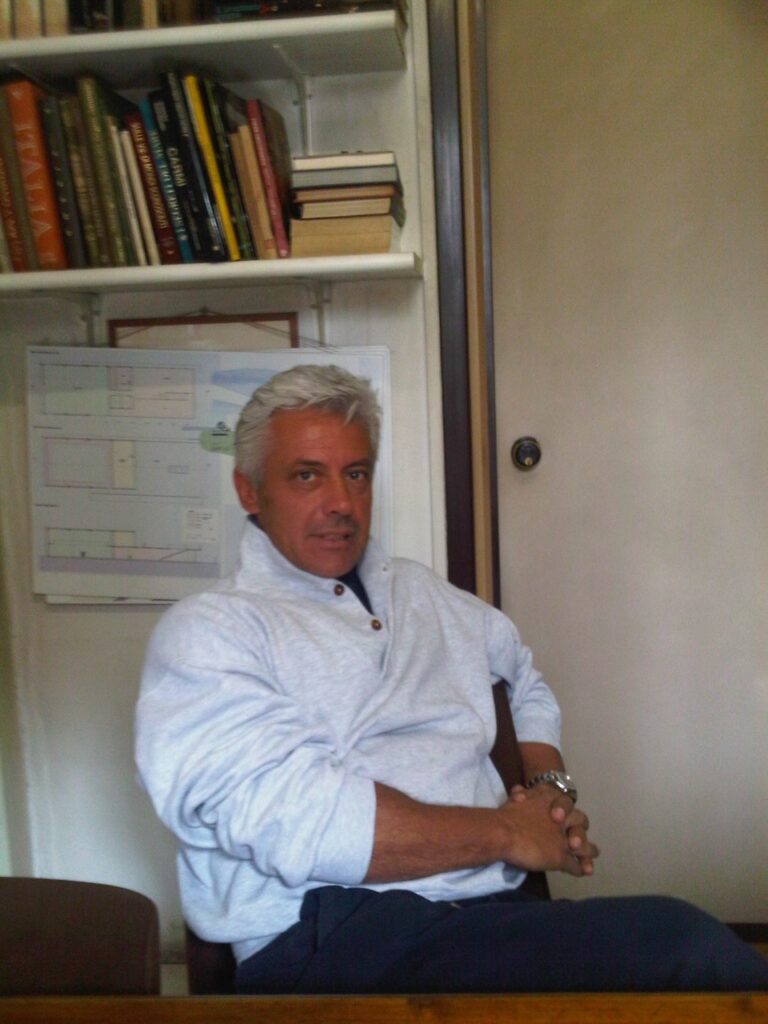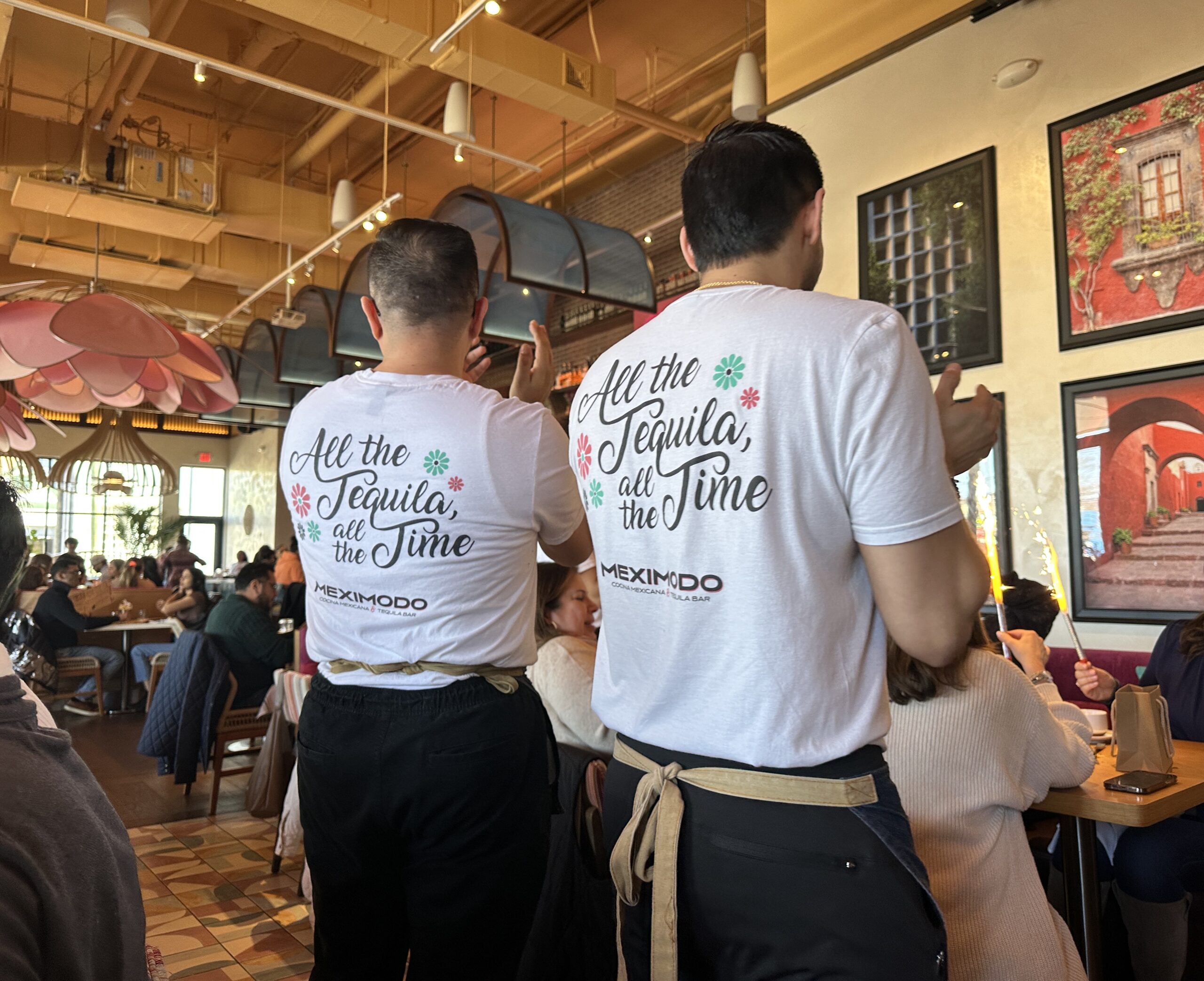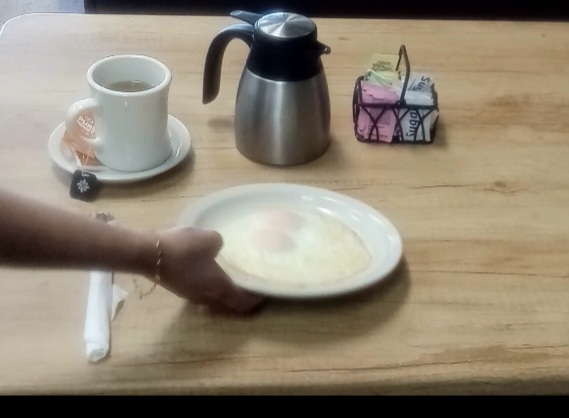(MILAN, ITALY) – Luigi Rossi is the Vice-President of Pane Quotidiano (Daily Bread), a non-profit organization since 2002. This interview was edited for clarity and length.
The Click: Pane Quotidiano, when does it start the organization and why?
Mr. Luigi Rossi (L.R.): “Oh well… It is a long story… Pane Quotidiano was born in Milan in 1898, so it will turn 125 years old next year. It is a secular association without political matrices. So, to be clear, we are not affiliated with any political parties.
It was born in the city centre, a place in Via Terraggio in Milan and now we are in two locations, in Viale Toscana 28 and Viale Monza 335.
The aim is to ensure free food daily for those in a state of need and vulnerability. We do not make any distinction.
I would add a curiosity about the name. Pane Quotidiano because, when they started, only bread was given, because it is the primary food per excellence.”
The Click: How many and who are the people who arrive at Pane Quotidiano?
L.R.: “I would say almost 3,500 to 4,000, in a year one million rations. It is 10% more than in 2021.
They came from different countries and practiced different religions and cultures. Probably, 65% are foreigners, and most are women with children. 35% are elderly Italians and middle-aged single men.
[Sighs] For Monday to Saturday, every early morning – around 6:45 – people are in a long queue. Usually, they wait for 40 to 45 minutes. After that, they can take food only for themselves. Unfortunately, they cannot take an extra bag if they have children or somebody who lives with them. However, they can return with children and others, and we will be more than happy to provide them with food.
Per day 60 to 70 volunteers – but 170 to 180 in total – prepare bags with a variety of food: milk, yoghurt, pasta, rice, cheeses, fruit, vegetables, biscuits – of course, no fresh food to satisfy their daily needs.
Ah, I forgot, on Sunday… we are closed on Sunday because there is no fresh bread, and on Christmas and Easter time, we also offer typical holiday cakes (panettone, colomba) and little gifts for children.”
The Click: Why are people turning to Pane Quotidiano and not looking for another kind of help?
L.R.: [Smile] “Our motto is fundamental. At Pane Quotidiano, everyone is welcome, and we do not ask who you are, why people need help, or their opinions.
They come here because we do not judge people for who they are, where they are from, or their situations. We offer them food, that is it.
There are no requirements. Anyone can come here, even several times a week. We do not register anything. Those in need come to us and collect the packages.
Ha, I would like to add that we also offer medical and legal assistance for free.”
The Click: How did you face the emergency of the pandemic and the Russian invasion of Ukraine?
L.R.: [Sigh] “Covid, what a disaster. We closed the two locations for two months, but in the meantime, we distributed food at home with the help of the Red Cross and the Civil Protection. Then we introduced a new method. Volunteers prepared the bags and distributed them to the people in line.
Now we are back to normal.
We have also added a new home service for the elderly or invalid. In this way, we serve about 300 people with a once-weekly package.”
The Click: What will be the future of Pane Quotidiano?
L.R.: “We hope to close it would mean that there is no longer poverty. But unfortunately, it is only a dream. There are other projects that we would like to carry out. So, we will see what the future holds.”


